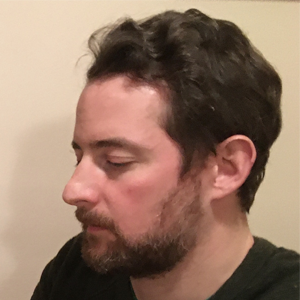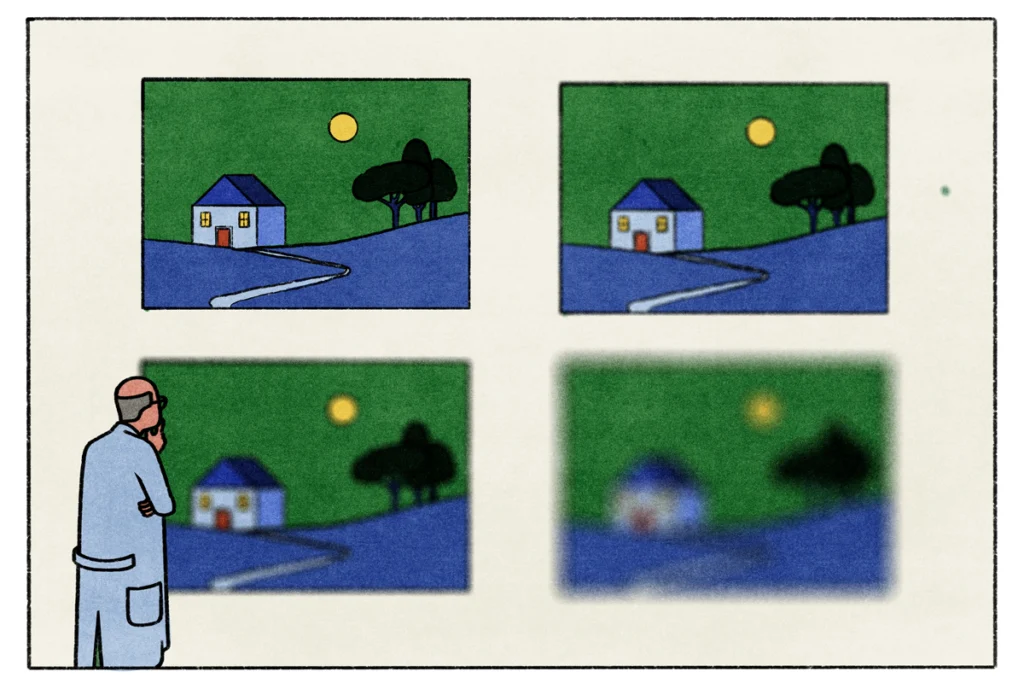Francis Fallon is associate professor of philosophy at St. John’s University in New York City. He is project director of Change Detection During Saccades, and a contributing member of the COGITATE Consortium. Both projects use empirical methods to test different theories’ competing predictions (“adversarial collaboration”) and are funded by the Templeton World Charity Foundation’s Accelerating Research on Consciousness initiative. He founded and co-directs the project Representation: Past, Present, and Future, supported by the Wellcome Trust Institutional Strategic Support Fund as part of Trinity College Dublin’s Neurohumanities program. He has published in PLOS One, Entropy, The Review of Philosophy and Psychology, Topoi and the International Journal of Philosophical Studies, among other journals. He also edited (with Gavin Hyman) “Agnosticism: Exploration in Religious and Philosophical Thought” (Oxford UP, 2020).

Francis T. Fallon
Associate professor of philosophy
St. John’s University
From this contributor
What are we talking about? Clarifying the fuzzy concept of representation in neuroscience and beyond
To foster discourse, scientists need to account for all the different ways they use the term “representation.”
Explore more from The Transmitter
Neuroscience needs single-synapse studies
Studying individual synapses has the potential to help neuroscientists develop new theories, better understand brain disorders and reevaluate 70 years of work on synaptic transmission plasticity.

Neuroscience needs single-synapse studies
Studying individual synapses has the potential to help neuroscientists develop new theories, better understand brain disorders and reevaluate 70 years of work on synaptic transmission plasticity.
New insights on sex bias in autism, and more
Here is a roundup of autism-related news and research spotted around the web for the week of 16 February.

New insights on sex bias in autism, and more
Here is a roundup of autism-related news and research spotted around the web for the week of 16 February.
Neuroscience has a species problem
If our field is serious about building general principles of brain function, cross-species dialogue must become a core organizing principle rather than an afterthought.

Neuroscience has a species problem
If our field is serious about building general principles of brain function, cross-species dialogue must become a core organizing principle rather than an afterthought.
